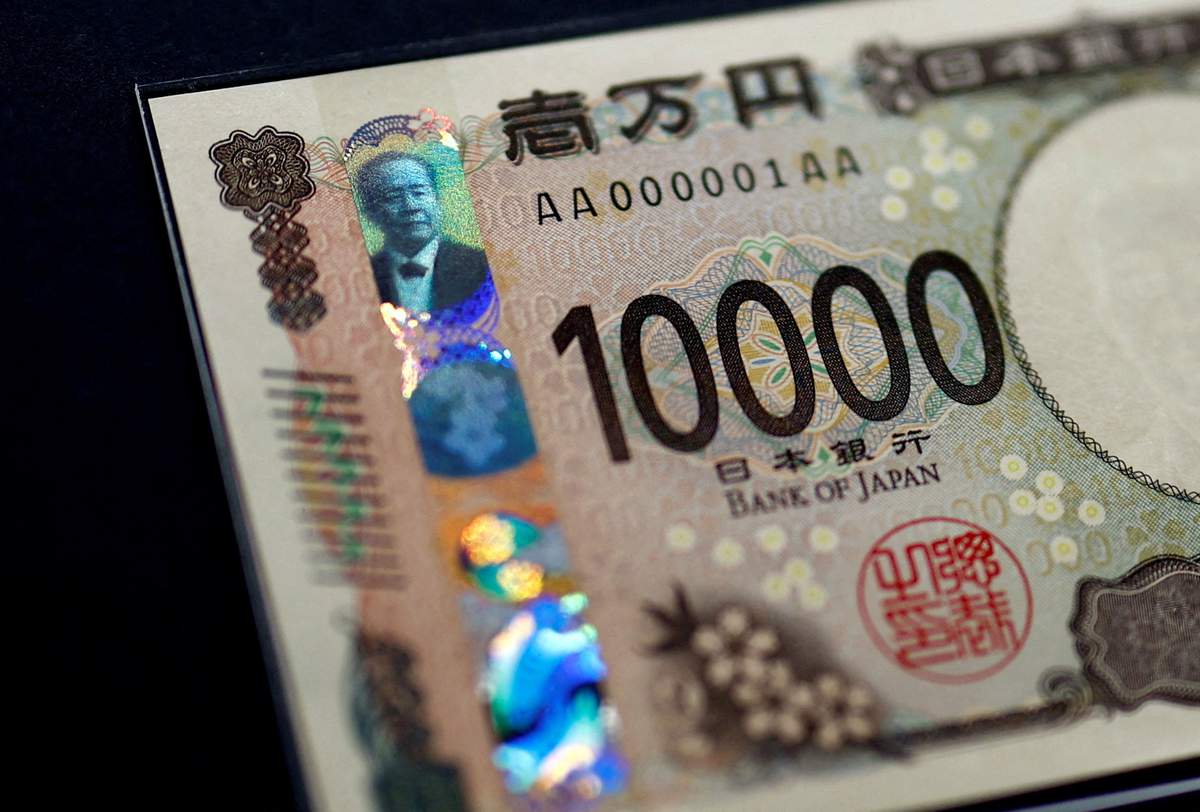Draft of Japan Govt Economic Plan Stipulates Support for AI, Semiconductor Sectors; Increased Household Benefits, Improved Disaster Shelters also eyed

A ¥10,000 banknote
16:03 JST, November 12, 2024
Measures for economic growth to increase wages and income, as well as ones to deal with rising prices, will be pillars of the government’s comprehensive economic measures to be compiled by the end of the month, according to a draft obtained by The Yomiuri Shimbun.
The draft stipulates more than ¥10 trillion in support for the artificial intelligence and semiconductor sectors, as well as the distribution of benefits to households that are exempt from residential taxation.
The draft names three primary goals: national and regional economic growth; overcoming high prices; and ensuring the safety and security of the public.
Regarding economic growth, the draft states the government’s intention to create a framework for strengthening the foundations of the AI and semiconductor industries; at least ¥10 trillion worth of public support will be provided through this framework over multiple fiscal years in the form of subsidies, financial support and other assistance. The draft says the measure will stimulate public and private investment in the sectors, which are expected to exceed ¥50 trillion over the next 10 years.
The draft also calls for discussions to be held between the government, labor and management at an early stage with the aim of raising minimum wages across the country to an average of ¥1,500 per hour before the end of the 2020s.
According to the draft, among households that are exempt from residential taxation, those which are raising children will receive increased benefits corresponding to the number of children they have.
The government is also looking to quickly reinstate a measure to reduce burden of electricity and gas bills which expired at the end of October.
As for ensuring the safety and security of the public, the draft includes measures to improve living conditions at evacuation centers, which are opened when a disaster strikes. Measures to deal with the problem of so-called “dark part-time jobs” — through which people have been recruited for robberies and fraud on social media — are also part of the draft, including support for efforts to strengthen local crime prevention capabilities.
The Democratic Party for the People has been calling for a review of the so-called ¥1.03 million barrier, the annual income threshold above which income tax is incurred, among other things, but there was no mention of them in the draft, since concrete measures regarding the issue still have to be discussed with the DPFP.
Top Articles in Business
-

Prudential Life Insurance Plans to Fully Compensate for Damages Caused by Fraudulent Actions Without Waiting for Third-Party Committee Review
-

Japan, U.S. Name 3 Inaugural Investment Projects; Reached Agreement After Considerable Difficulty
-

Japan’s Major Real Estate Firms Expanding Overseas Businesses to Secure Future Growth, Focusing on Europe, U.S., Asia
-

SoftBank Launches AI Service for Call Centers That Converts Harsh Customer Voices into Softer Voices
-

Transport Companies See Opportunity in Narita Expansion; Airlines, Railways Prepare to Meet Expected Growth in Demand
JN ACCESS RANKING
-

Producer Behind Pop Group XG Arrested for Cocaine Possession
-

Japan PM Takaichi’s Cabinet Resigns en Masse
-

Man Infected with Measles Reportedly Dined at Restaurant in Tokyo Station
-

Israeli Ambassador to Japan Speaks about Japan’s Role in the Reconstruction of Gaza
-

Videos Plagiarized, Reposted with False Subtitles Claiming ‘Ryukyu Belongs to China’; Anti-China False Information Also Posted in Japan

























